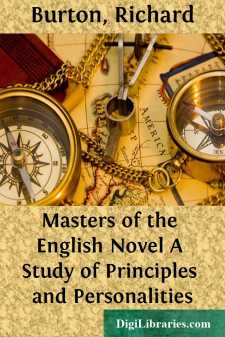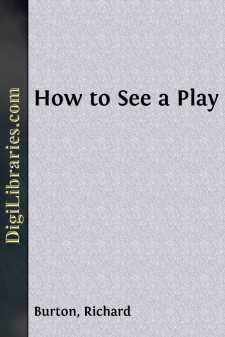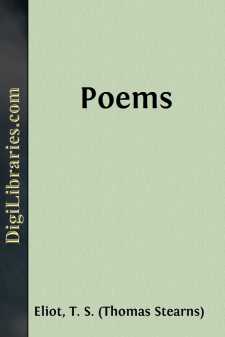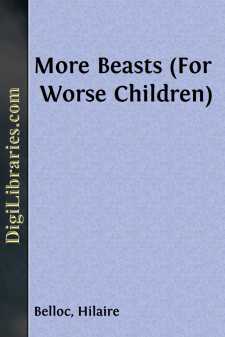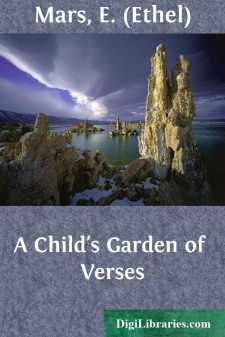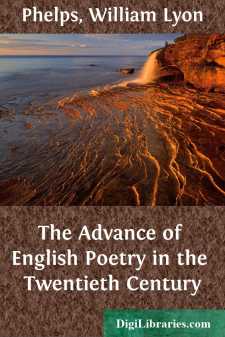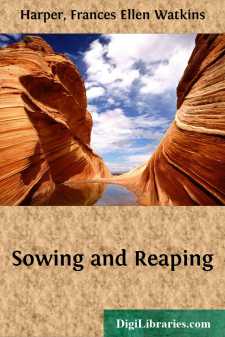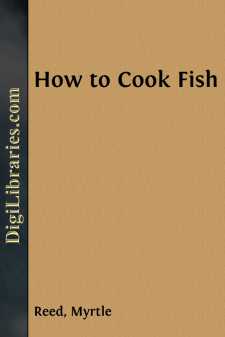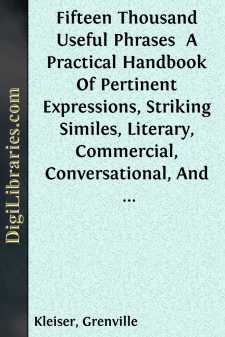Categories
- Antiques & Collectibles 13
- Architecture 36
- Art 48
- Bibles 22
- Biography & Autobiography 813
- Body, Mind & Spirit 142
- Business & Economics 28
- Children's Books 17
- Children's Fiction 14
- Computers 4
- Cooking 94
- Crafts & Hobbies 4
- Drama 346
- Education 46
- Family & Relationships 57
- Fiction 11829
- Games 19
- Gardening 17
- Health & Fitness 34
- History 1377
- House & Home 1
- Humor 147
- Juvenile Fiction 1873
- Juvenile Nonfiction 202
- Language Arts & Disciplines 88
- Law 16
- Literary Collections 686
- Literary Criticism 179
- Mathematics 13
- Medical 41
- Music 40
- Nature 179
- Non-Classifiable 1768
- Performing Arts 7
- Periodicals 1453
- Philosophy 64
- Photography 2
- Poetry 896
- Political Science 203
- Psychology 42
- Reference 154
- Religion 513
- Science 126
- Self-Help 84
- Social Science 81
- Sports & Recreation 34
- Study Aids 3
- Technology & Engineering 59
- Transportation 23
- Travel 463
- True Crime 29
Masters of the English Novel A Study of Principles and Personalities
by: Richard Burton
Description:
Excerpt
CHAPTER I
FICTION AND THE NOVEL
All the world loves a story as it does a lover. It is small wonder then that stories have been told since man walked erect and long before transmitted records. Fiction, a conveniently broad term to cover all manner of story-telling, is a hoary thing and within historical limits we can but get a glimpse of its activity. Because it is so diverse a thing, it may be regarded in various ways: as a literary form, a social manifestation, a comment upon life. Main emphasis in this book is placed upon its recent development on English soil under the more restrictive name of Novel; and it is the intention, in tracing the work of representative novel writers, to show how the Novel has become in some sort a special modern mode of expression and of opinion, truly reflective of the Zeitgeist.
The social and human element in a literary phenomenon is what gives general interest and includes it as part of the culturgeschichte of a people. This interest is as far removed from that of the literary specialist taken up with questions of morphology and method, as it is from the unthinking rapture of the boarding-school Miss who finds a current book "perfectly lovely," and skips intrepidly to the last page to see how it is coming out. Thoughtful people are coming to feel that fiction is only frivolous when the reader brings a frivolous mind or makes a frivolous choice. While it will always be legitimate to turn to fiction for innocent amusement, since the peculiar property of all art is to give pleasure, the day has been reached when it is recognized as part of our culture to read good fiction, to realize the value and importance of the Novel in modern education; and conversely, to reprimand the older, narrow notion that the habit means self-indulgence and a waste of time. Nor can we close our eyes to the tyrannous domination of fiction to-day, for good or bad. It has worn seven-league boots of progress the past generation. So early as 1862, Sainte-Beuve declared in conversation: "Everything is being gradually merged into the novel. There is such a vast scope and the form lends itself to everything." Prophetic words, more than fulfilled since they were spoken.
Of the three main ways of story-telling, by the epic poem, the drama and prose fiction, the epic seems to be the oldest; poetry, indeed, being the natural form of expression among primitive peoples.
The comparative study of literature shows that so far as written records go, we may not surely ascribe precedence in time either to fiction or the drama. The testimony varies in different nations. But if the name fiction be allowed for a Biblical narrative like the Book of Ruth, which in the sense of imaginative and literary handling of historical material it certainly is, the great antiquity of the form may be conceded. Long before the written or printed word, we may safely say, stories were recited in Oriental deserts, yarns were spun as ships heaved over the seas, and sagas spoken beside hearth fires far in the frozen north....


